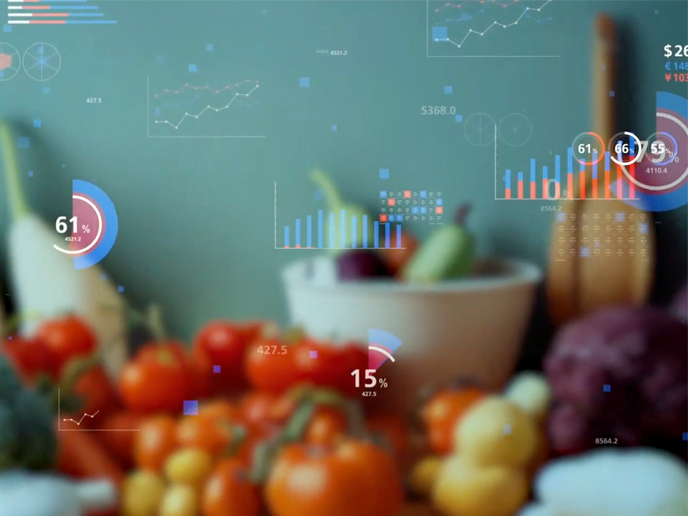Making it easier to wade through web-based information
Web 2.0 i.e. the change from static web pages to dynamic or user-generated content and the growth of social media are here to stay. While everybody is commenting on everything, the glut of information is making it difficult to extract useful or relevant information. The EU-funded GOSSPLE (A radically new approach to navigating the Digital Information Universe) project worked on ways to filter out unwanted content and facilitate the gathering of new and relevant information. Aiming to help users find answers when searching for very specific content, the project worked on personalising the Web 2.0 experience in a scalable and efficient manner. Personalisation, however, requires storing large amounts of data per user, which comes with a high cost for companies, as well as privacy issues. To overcome this challenge, GOSSPLE researched the concept of an implicit social network for numerous applications, as opposed to explicit approaches such as social networks that currently hold sway on the Web. It designed a fully decentralised system to assign to each user an implicit social network based on similar interests. This was achieved by defining new application-specific metrics to measure similarities between users through two new protocols that it had designed. The GOSSPLE social network could prove very useful for recommenders and can readily be applied to practically any web content editor. With this in mind, the project team built a fully decentralised news recommender called WhatsUp, which enables users to mark their interests through a like/dislike interface. The recommender brings users with similar interests together while preserving privacy and guarding against malicious attacks. The project’s sampling-based approach can also be used to implement scalable user-based collaborative filtering-based recommenders. In addition GOSSPLE developed a hybrid architecture that offloads CPU-intensive recommendation tasks to front-end client browsers, simultaneously retaining storage and orchestration tasks in backend servers. Building on the progress achieved during the project, the team launched a start-up initiative that provides a scalable user-centric recommendation engine for web content providers to integrate in webpages. Ultimately, this cost-efficient technology will no doubt further Web 2.0 environments and meet the ever-evolving needs of today’s web navigators.







